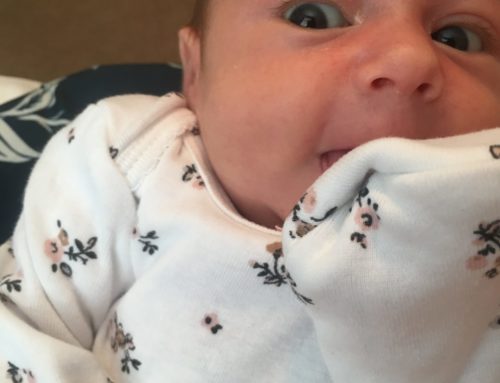Spotlight on Writing

Trouble never comes alone. That’s what they say.
So how is this relevant to editing a book? Sometimes I fly through chapters and barely anything needs changing. Other times, it is hard to pinpoint just what is causing it to feel ‘off’. There seems to be multiple issues that crop up and it’s tricky to tease apart what is at the root of it.
You may have read on Ashley’s blog post, several weeks back, about how she was making major changes to The Price of Pandemonium based on what our beta readers have said. And, we were right to make those changes. She did a good job of them. But fitting in a whole new scene into an old chapter is sometimes tricky, and it can be hard to make it flow perfectly.
Honestly, this week has been a challenge with the editing. What we had been trying to achieve was to ratchet up the tension in a few chapters, closer to the end of the book. Did we achieve it? Or is it simply busier? I couldn’t tell you right now. When I’m tired, my brain struggles to make sense of it all. I know what’s going on, but is that because I know the plot inside out? Will the reader understand what’s going on? And then, sometimes when I’m more focused, I decide it’s not so bad, after all. That it does all make sense. I teeter between trying to change it, and deciding to leave it as is.
I think it’s going to be one of those situations where less is more. I need to leave it largely alone, move on with the next few chapters, and then revisit it once it’s had a chance to become unfamiliar again. Right now, I don’t know what’s up and what’s down. Maybe I’ll have an answer for you when we talk about ‘over-editing’ on an upcoming podcast. Because I think I may be only a hairsbreadth away from crossing over that thin, thin line.
Personal Update
Talking of editing, I can’t seem to turn that part of my brain off, even when I’m studying. I have lost count of the basic grammatical and spelling errors in my textbook. My brain irritatingly picks each one up and comments on things when I’m reading, like, could have used a comma there… Or, whoops, they missed the ‘s’ off that word…
So, it wasn’t hugely surprising to me when I came up with an actual, concerning error. I was reading about blood types, and it made mention to being able to donate AB-type red blood cells (RBCs) to A, B, and AB-type recipients. I won’t explain here about the intricacies of blood donation and who can donate to whom, but suffice to say if you transfuse AB-type RBCs to anyone other than AB-type recipients, you could cause death within 7-12 days by a severe hemolytic transfusion reaction. So, being in a textbook, this was quite nerve-racking to me.
On one hand, was the information actually wrong? If it wasn’t, then I’d been incorrectly checking blood for years, which when you work in the operating rooms, seems like a rather hazardous thing to do. I started doubting myself. After hunting through several other textbooks, and surfing multiple sites, I thankfully discovered that I hadn’t completely lost my mind, and this one sentence was in fact, wrong.
So I emailed the editor.
Yes, I actually looked up the editor, found her university email, and wrote about how I was rather concerned at this mistake. I was pleased to learn that they had in fact already found the error and corrected it in the upcoming edition, and she was very encouraging, kind, and thankful to me for pointing it out (even though it had already been corrected). Overall, I feel happy that I got in touch. But the older I get, the more I begin to realize that even the most legitimate sources of information are not always correct. It highlights the pivotal need in cross-referencing all information, so you can be sure that fact is indeed fact, and not fiction.














Leave A Comment